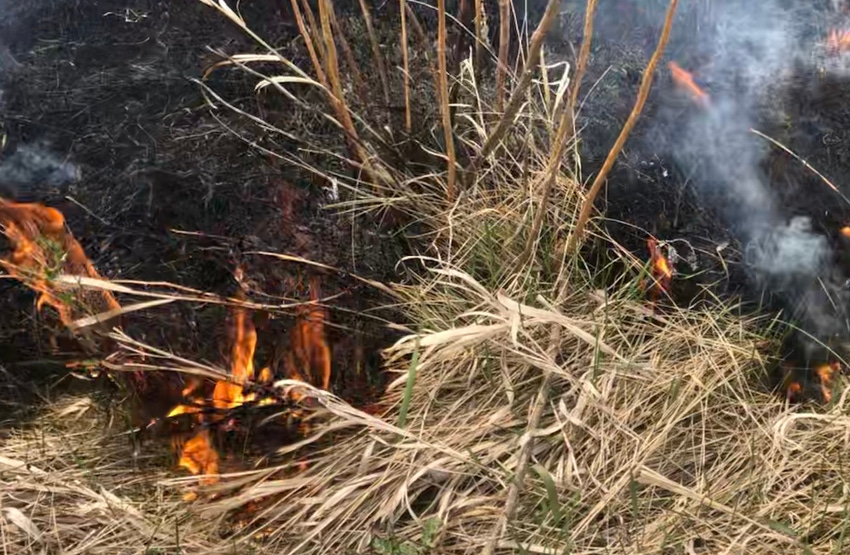NDSU receives rangeland management study grant
Scientists will study management options that sustainably enhance livestock productivity while conserving biodiversity.
July 8, 2020

North Dakota State University (NDSU) has been awarded a $499,242 grant from the U.S. Department of Agriculture’s National Institute of Food & Agriculture to study rangeland management strategies.
“Working rangelands are a pillar of American agriculture and a critical opportunity for long-term, sustainable conservation,” said Jason Harmon, program lead in the NDSU entomology department and lead investigator for this project. “However, managing these agroecosystems is no trivial task, especially when trying to simultaneously maximize multiple services they can provide. Therefore, there is a critical need to investigate, assess and demonstrate scientifically based management options that sustainably enhance livestock productivity while conserving regional biodiversity.”
This collaborate project will bring together faculty from range science, entomology and plant sciences at NDSU’s Main Station, Central Grasslands Research Extension Center (REC) and Hettinger REC, the announcement said.
The plan is to study four management regimes that differ in how they use fire and/or grazing as critical ecosystem processes.
“We will assess how a common management practice compares to treatments that use fire and/or grazing to promote more variable habitats,” Harmon said. “These treatments include patch-burn grazing and two novel regimes we designed to specifically benefit northern Great Plains rangelands.
“Our most important assessment is how each management influences livestock production and reproduction in the short term and over time, but we will also quantify the plant pollinator community to help better understand pollinator services and biodiversity conservation more broadly,” he added.
The researchers also will investigate how and why each management practice ultimately affects each ecosystem service, NDSU said.
“We expect this work will substantially improve our understanding of how fire and grazing disturbances in the northern Great Plains can maximize rangeland ecosystem services while using that information to evaluate, demonstrate and, ultimately, help improve rangeland management,” Harmon said.
The project is starting this year and will last through April 2024.
You May Also Like



